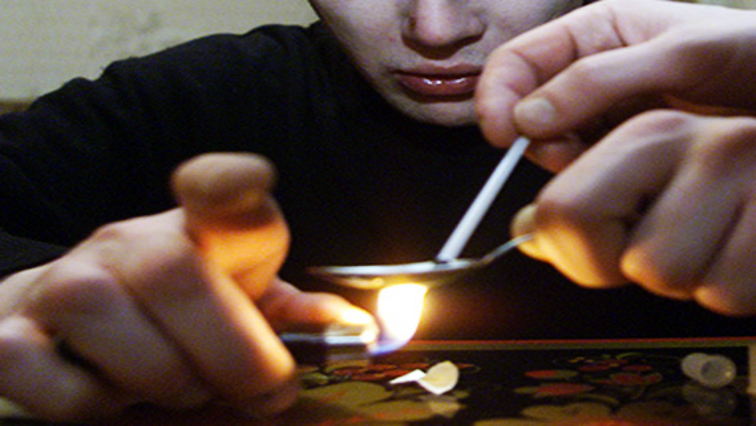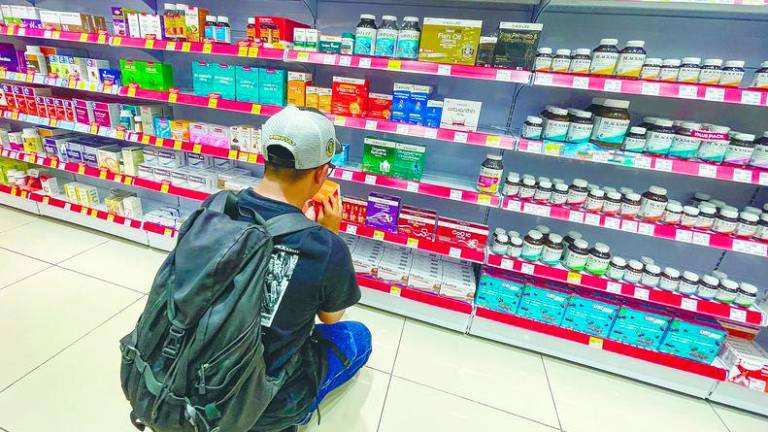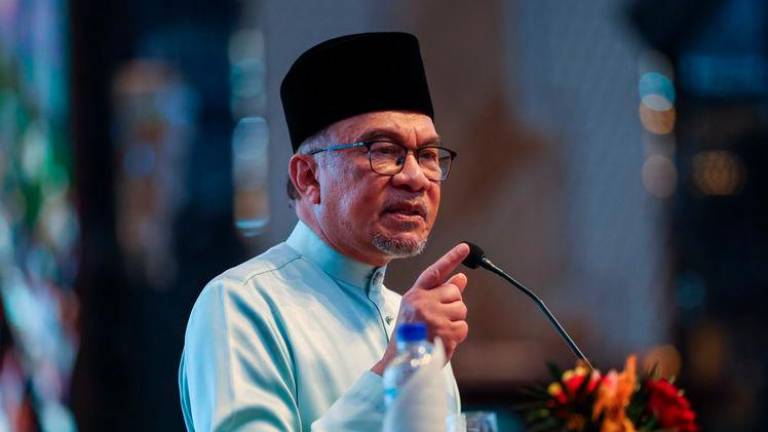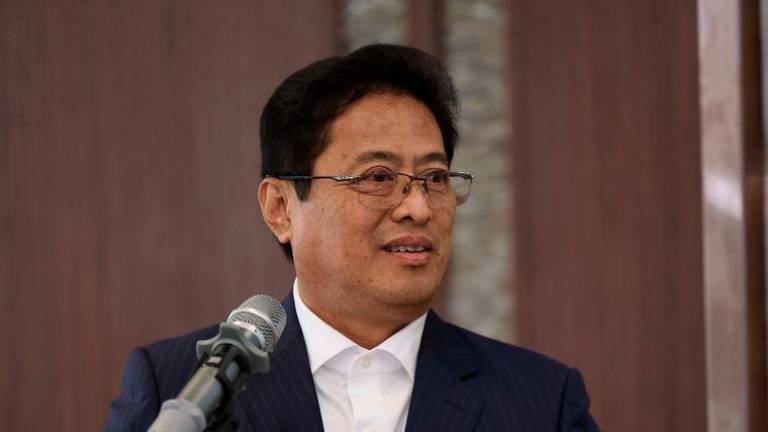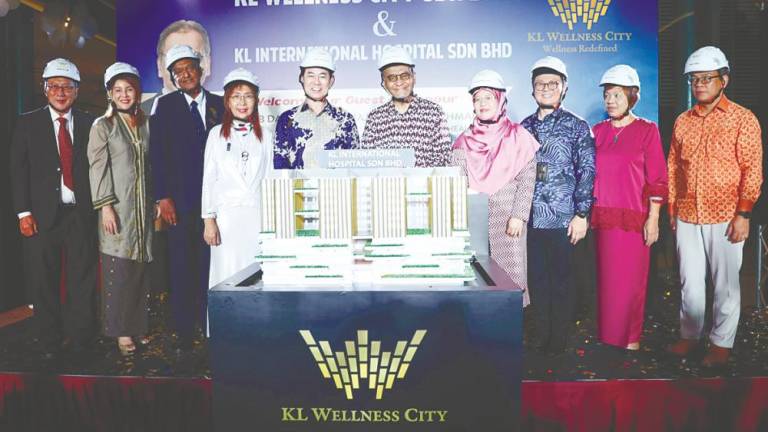NILAI: The stand made by the government to decriminalise drug addiction is a clear policy on the issue, said associate researcher with the Malaysian Substance Abuse Council, Dr Farhana Sabri, in commending the move.
She said for a very long time, Malaysia had been treating drug addicts as criminals by putting them in prison where there were limited intervention and treatment appropriate for drug addiction, let alone evidence-based treatment.
“The Health Ministry (MOH) states that decriminalisation means the removal of criminal penalties for individuals who possess and use drugs in small amounts. This clearly does not include drug trafficking, which remains a crime.
“This game-changer policy indicates that the government seriously acknowledges that drug addiction is a complex disease and it has to be treated as one.
“The complexity of this disease is attributed to many factors that could result in someone’s drug addiction, may it be biological, physiological, psychological, socio-economic status and demographic differences. These factors demand a critical look in order to treat drug addiction holistically,” she told Bernama, here, today.
Farhana who is also deputy director (Research) of the Islamic Science Institute, Universiti Sains Islam Malaysia (USIM) and a lecturer at the university’s Leadership and Management Faculty, said for the government to embark on this policy, medical treatment for drug addicts must be complemented with psychosocial treatment, which requires not only physicians and pharmacists, but also psychologists and counsellors who are experts on drug addiction.
She said this would lead to requiring more manpower to treat drug addicts in Malaysia.
“The National Institute on Drug Addiction (NIDA) of the United States, asserts in its treatment principles of addiction that there is no single treatment for drug addiction that can suit all addiction problems.
“One of the ways of tackling this is by looking at drug addiction from the biological perspective, as when someone takes drugs, it changes the biological function of the brain and it is difficult to reverse that biological change. This explains why drug addiction is a relapsing disease and it may take a life-long recovery journey.
“Thus, treatment must take the integrated approach, where drug addicts cannot be the only ones who receive treatment as we must also offer help to their family members and significant others who’ve become affected by the addiction problem.
“This integrated approach will definitely need counsellors, psychologists and social service providers who can help address problems,” she added.
According to Farhana, in many cases, drug addiction is not a stand-alone problem for drug addicts.
“Many drug addicts are also suffering from mental health problems, such as depression, post-traumatic stress disorder and psychosis symptoms, for example, hallucination and delusion simultaneously.
“A situation where a drug addict has drug use disorder and simultaneously experiences mental health disorder is called dual-diagnosis.
“In this situation, either one is developing mental health problems first followed by drug use problems or vice versa. Each disorder requires its own treatment plan, which needs to be received by the drug addicts simultaneously in order to treat their drug addiction effectively,“ she said.
Farhana said this game-changer policy would not work if it involved physicians and pharmacists only, but to also include other experts such as counsellors, psychologists and social workers.
“For this new policy to work, the government should also focus on developing these resources in order to treat the drug addiction problems effectively in Malaysia,“ she added.
On June 26, Home Minister Tan Sri Muhyiddin Yassin reportedly said that drug addicts in this country were no longer seen as criminals who must be punished, but patients in need of treatment and rehabilitation.
This followed a discussion between the Home Ministry and Health Ministry which agreed to implement decriminalisation of drug addicts. — Bernama



